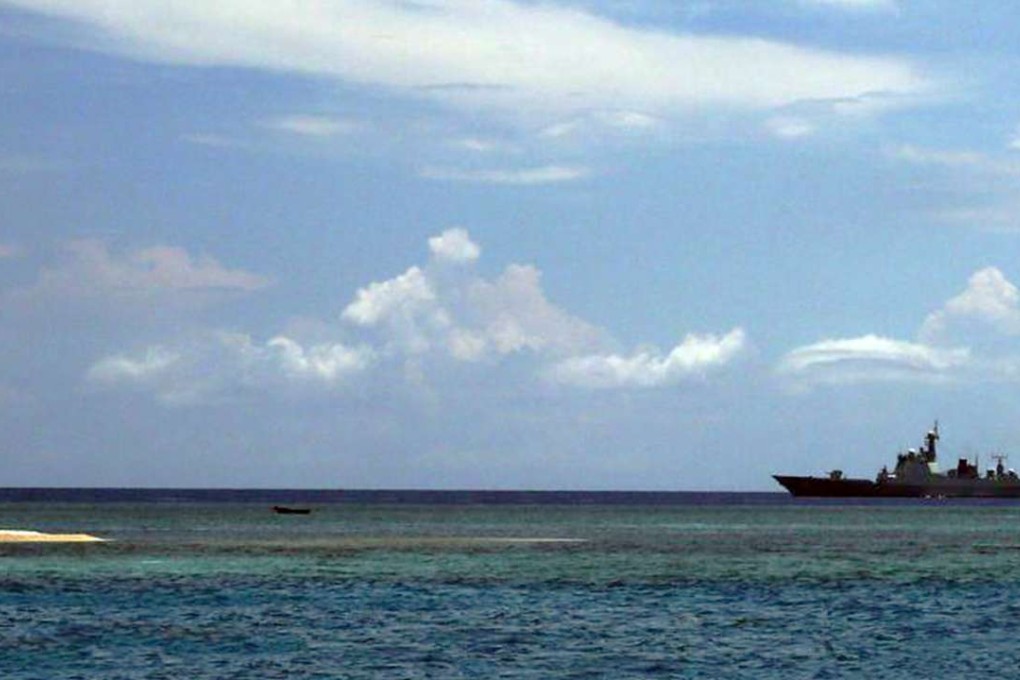How South China Sea ruling can be a ‘win-win’ for China and the world
Daniel Fung and Charles Morrison say that while Beijing is justifiably dismayed at the verdict, it now has the chance to reset regional maritime ties

China reacted with predictable dismay to the arbitral ruling of the tribunal convened under the UN Convention on the Law of the Sea at the request of the Philippines to resolve its disputes with Beijing in the South China Sea.
China cannot be expected to change its long-standing position on historical rights or its view that the tribunal’s decisions are “null and void”. Nonetheless, in the long-term, depending on how China and other countries react, the ruling could become what President Xi Jinping (習近平) refers to as a “win-win,” for China and the international community.

A UN ruling against China won’t help resolve the South China Sea dispute with the Philippines
Most nations with isolated maritime rocks specifically use them to claim such zones and extended continental shelves. Thus, if the tribunal’s ruling were applied consistently and globally, it should open far more maritime space to China than it would lose.
Most relevant to Chinese interests are Japan’s EEZ claims in the Western Pacific. One area, equivalent to a fifth of the whole South China Sea, is based on one isolated feature – Okinotori-shima, a lagoon with three rocks. Japan has been pouring concrete over them to help maintain their elevation over sea level (there were once five) as well as cultivating coral to transplant to the area.
Beijing and Taipei have protested about these EEZ claims on the basis that Okinotori-shima is not an island. In April, Japan detained a Taiwanese fishing boat in the zone, touching off a spat. If the Okinotori-shima claims were brought to arbitration under the convention on the law of the sea and adjudicated consistently with the recent arbitral decision, Japan could become the biggest loser resulting from the Philippine case precedent.
China is undoubtedly a great power, but cannot really achieve superpower status if it is mired in petty disputes with smaller neighbours
Moreover, another huge Japanese claim in the Pacific is anchored by Minamitori-shima, larger than Taiping Island, the largest in the Spratlys group, but also now questionable as the basis for an EEZ. As China’s maritime interests are global, it enjoys similar interests to the US in challenging excessive maritime claims but, to do this credibly, it needs to maintain a consistent law of the sea position.
.jpeg?itok=2b4aJ0HH&v=1723193672)